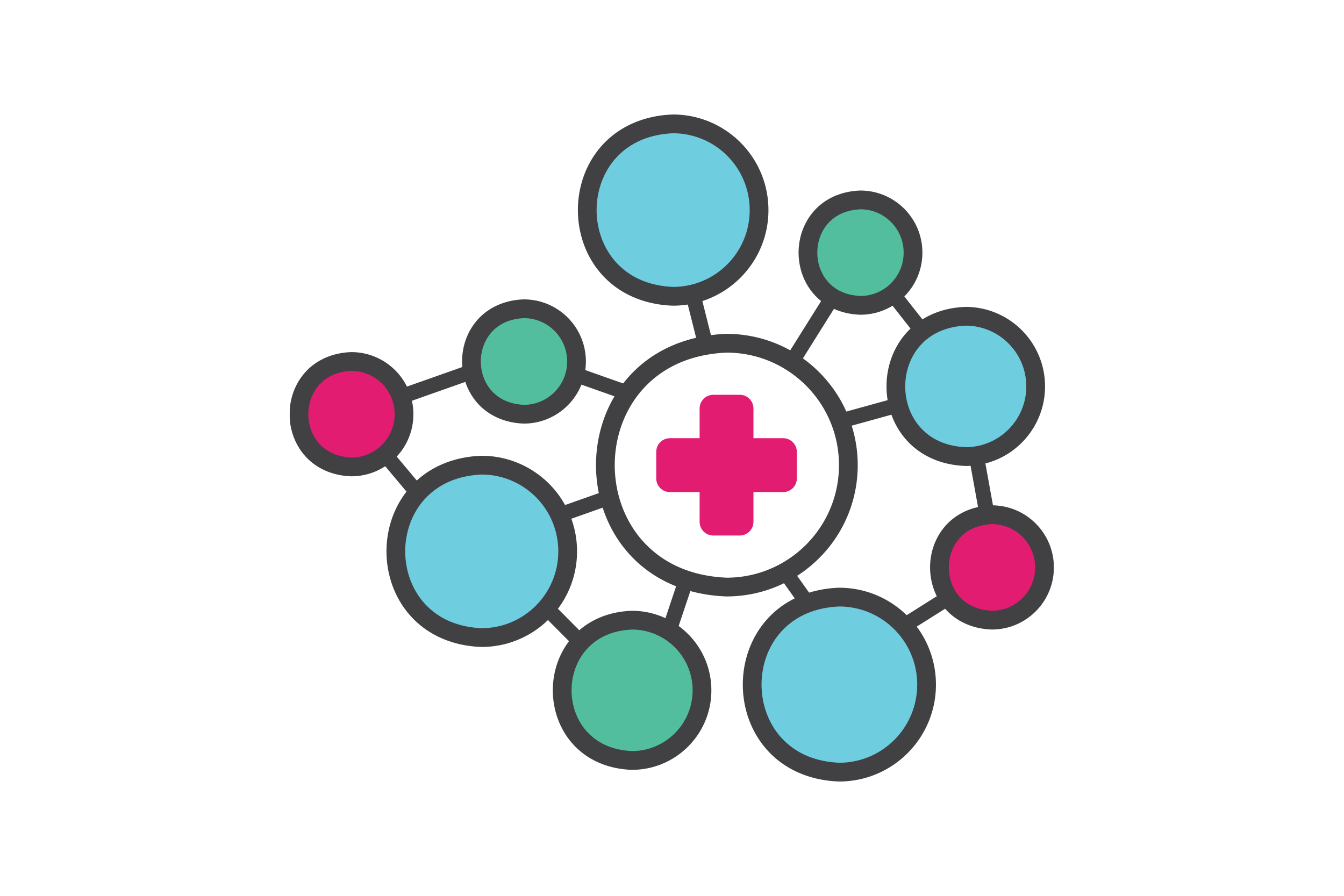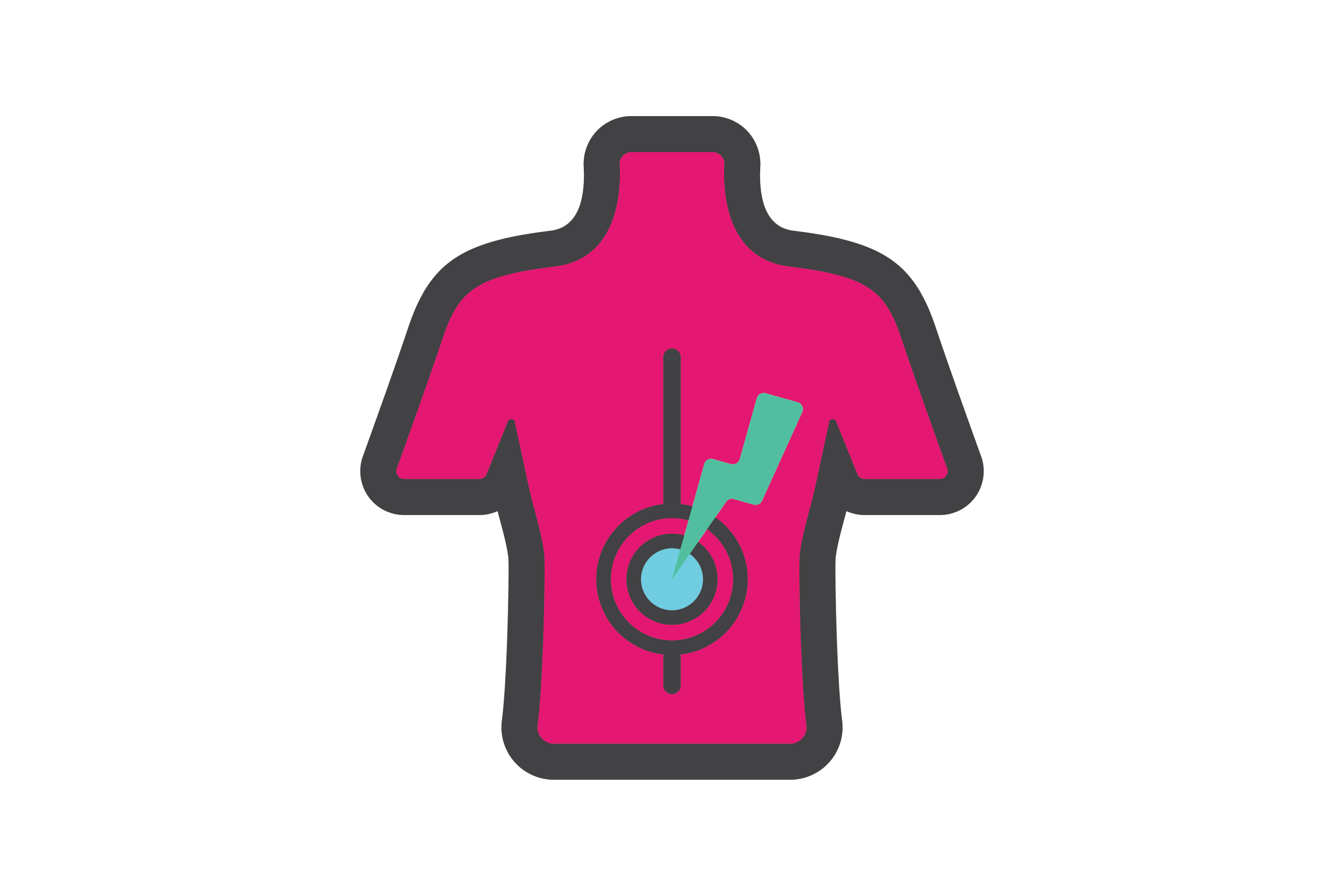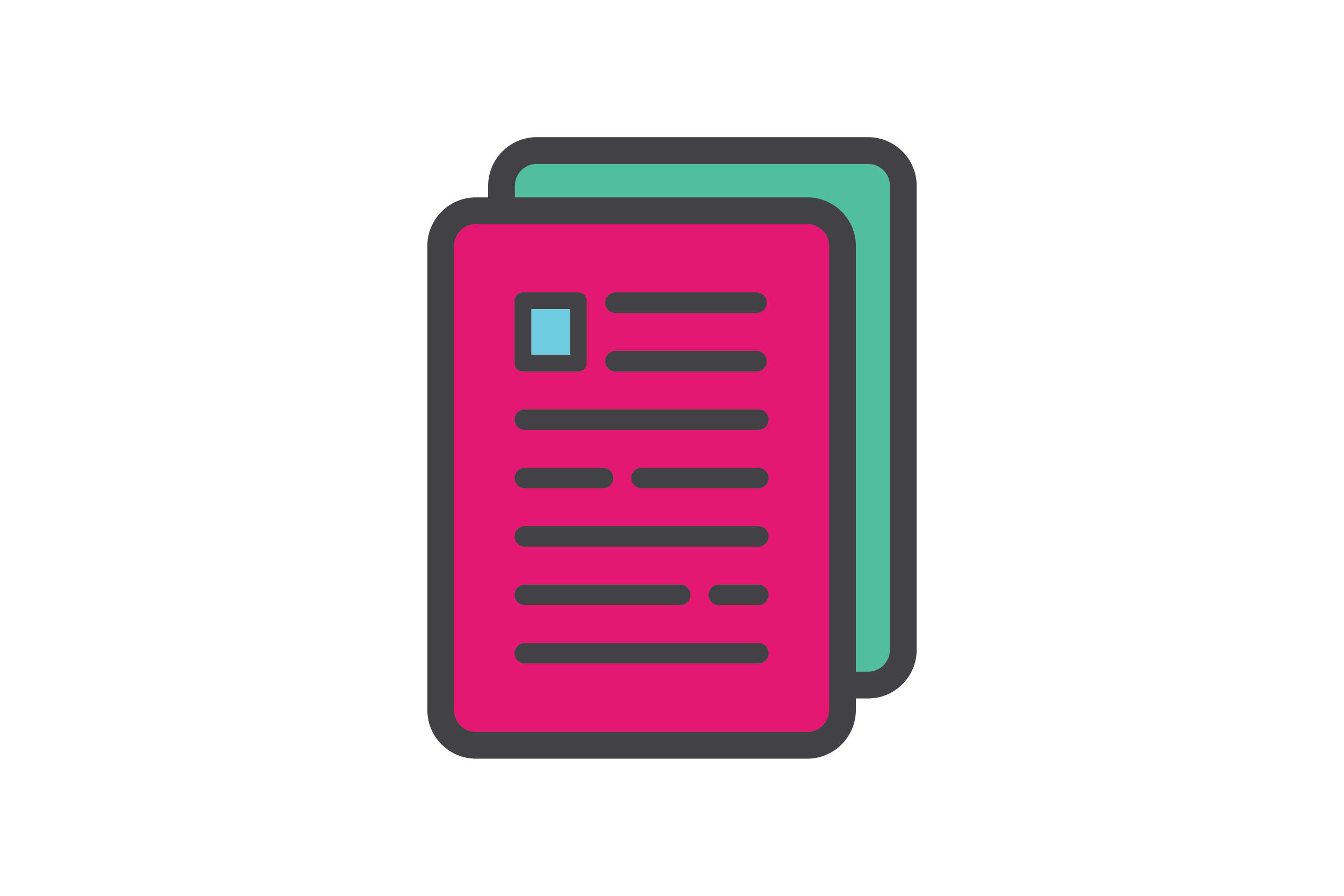Vigilance in infectious disease emergencies: Expanding the concept – Jane Williams et al.
Protecting the health of the public, during a crisis or otherwise, is almost always considered the responsibility of governments. Analyses of institutional responses to the COVID-19 pandemic illustrate that governments play a central role in the suppression and control of public infection through measures that [...]





